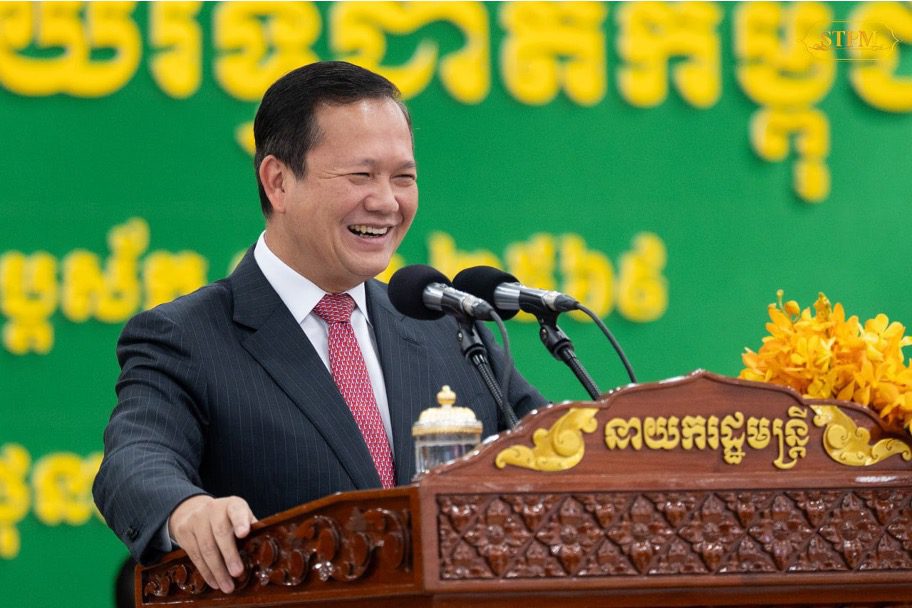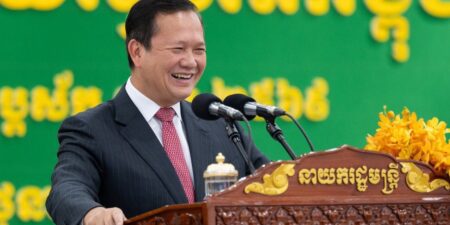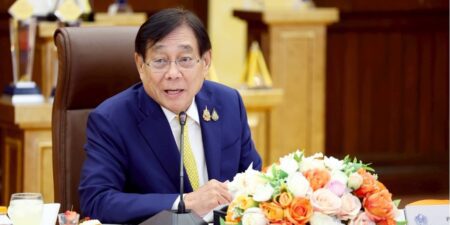
Cambodia Bans Thai Fuel Imports Amid Escalating Tensions

Insights & News


Cambodia Bans Thai Fuel Imports Amid Escalating Tensions
The BGA Cambodia team, led by Managing Director Bora Chhay, wrote an update to clients …

Thailand Tariff Tracker | June 24, 2025
BGA Thailand Managing Director Teerasak “Art” Siripant wrote an update to clients on the latest …

Economic Strength Belies Political Decay
WHAT YOU NEED TO KNOW ON THE HORIZON Thailand Market Overview and Forecast Political Climate …
At BowerGroupAsia, we are committed to
delivering result-oriented solutions for our clients
We have proven track record of helping the world’s top companies seize opportunities and manage challenges across the dynamic Indo-Pacific region.




















